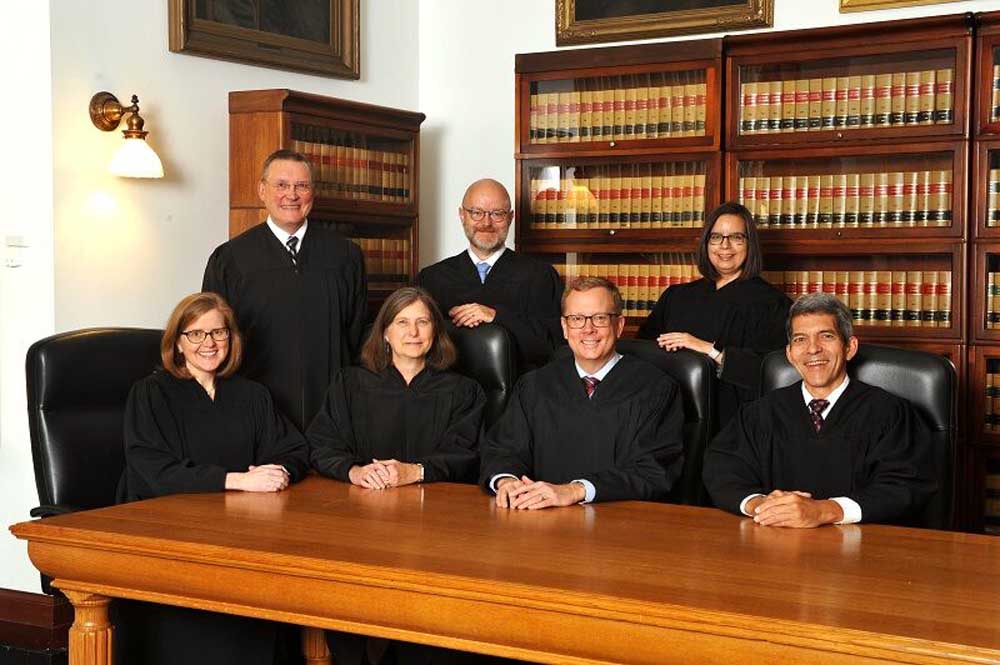Editorial: Measure 113 delivers harsh lessons in ambiguity and effectiveness
Published 5:00 am Saturday, December 16, 2023

- Justices of the Oregon Supreme Court
Measure 113 has taught Oregonians an unfortunate lesson in ambiguity. Voters may have thought they were voting on one thing. The actual language of the measure is arguably something else.
The Oregon Supreme Court met for over an hour Thursday to listen to oral arguments in a case involving state Sen. Tim Knopp, R-Bend, and others.
They had 10 or more unexcused absences during the 2023 legislative session. And Measure 113 aimed to punish legislators who had 10 or more unexcused absences by not allowing them to run for reelection.
When does the punishment start?
Some people believed Measure 113 meant it was for a legislator’s next term following the current term of office. The actual language that was placed in the Oregon Constitution says “for the term following the election after the member’s current term is completed.”
Sen. Knopp’s current term is completed on Jan. 12, 2025. So according to a reading of the language put in the state constitution, he would be able to run in the general election for his seat in 2024, but not able to run in 2028.
Think of it another way. Consider this sentence: Readers of Bulletin editorials include youth and older people who are brilliant.
There’s a problem with that sentence. It has a dose of ambiguity.
Is it both the youth who are brilliant and the older people who are brilliant, or is it just the older people who are brilliant?
What do you think it means? What do you think the writer’s intent was? What does it actually say?
In law, there is the doctrine of the last antecedent. That means essentially that in this example “who are brilliant” refers to older people. And in the Measure 113 example, “after the member’s current term is completed” modifies “election” in the sentence.
If that’s what the court eventually rules, that may not be what voters thought they were doing with Measure 113. But how are we to know for certain what voters thought? Shouldn’t the language put in the constitution trump an interpretation of what voters believed?
The real flaw in Measure 113 is that it didn’t accomplish what its supporters wanted. The measure didn’t stop walkouts.
Voters can already punish the behavior of their legislators in the next election, if they don’t like what they have done. But if the goal is to stop walkouts, changing the quorum rules for the Legislature would have been a better option than Measure 113.




